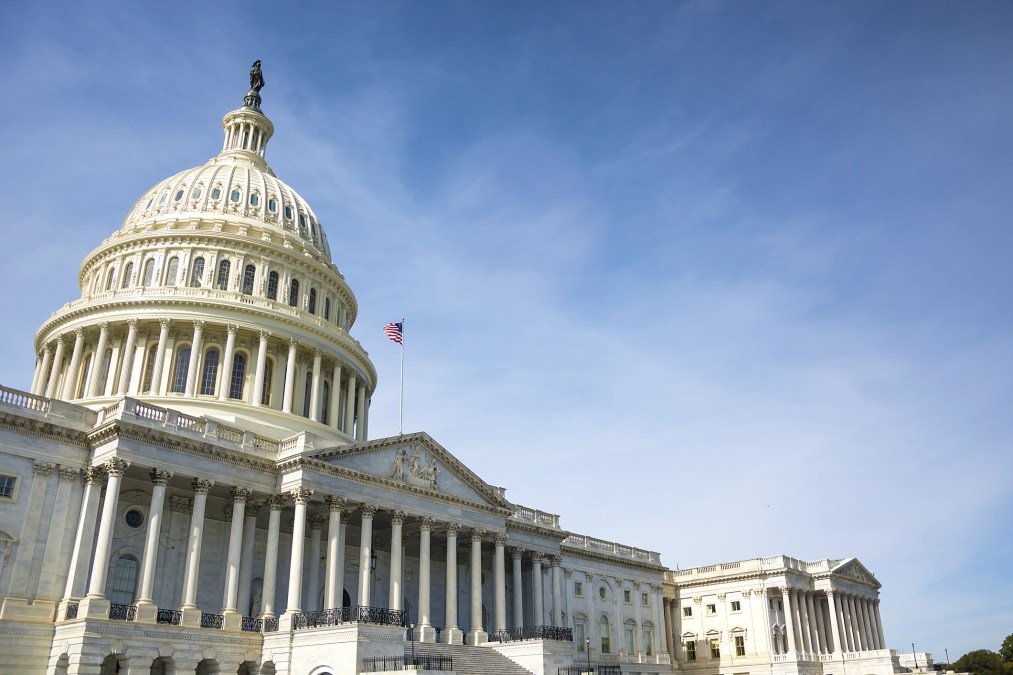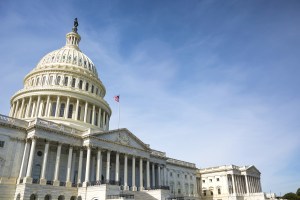Alphabet, Microsoft leaders named to National Security Commission on Artificial Intelligence

Two West Coast tech experts were chosen Wednesday by the Republican and Democratic leaders of the House Armed Services Committee to serve on the new National Security Commission on Artificial Intelligence.
Armed Services Chairman Mac Thornberry, R-Texas, appointed Eric Schmidt, technical adviser to the board of Google parent company Alphabet, while ranking member Adam Smith, D-Wash., went with Eric Horvitz of Microsoft Research Labs.
Schmidt will add the role to his list of government advisory jobs — he’s served as the chairman of the Defense Innovation Board since 2016. Horvitz, the director of the Microsoft labs, has also served on several advisory boards for agencies like the Defense Advanced Research Projects Agency (DARPA), National Science Foundation and more.
The National Security Commission on Artificial Intelligence, which is independent but sits in the executive branch, was created by the National Defense Authorization Act for fiscal 2019. It will be comprised of 15 members total, appointed by other congressional leaders as well as the secretary of Defense and secretary of Commerce. It is tasked to “review advances in artificial intelligence, related machine learning developments, and associated technologies” with an eye to the competitiveness of the U.S., the ways the country can remain competitive and any “ethical considerations” that need attention.
The commission has funding — up to $10 million — and will be expected to produce a report for the president and Congress with recommendations on “action by the executive branch and Congress related to artificial intelligence, machine learning, and associated technologies, including recommendations to more effectively organize the Federal Government.”
It’s unclear whether nominations have been made for any of the commission’s 13 other spots.
The commission is just one piece of the Department of Defense’s, and federal government’s, increasing focus on artificial intelligence. DARPA announced $2 billion in funding for research on “third wave” AI technologies in September. And on the more operational front, the Pentagon established a Join AI Center earlier this summer. The group plans to “translate AI into decisions and impact” through a series of so-called “National Mission Initiatives.”
Meanwhile, at the White House, the administration created a select committee on AI, comprised of senior government R&D officials, in May. The group is looking to update the National Artificial Intelligence Research and Development Strategic Plan, which was first published in 2016.





